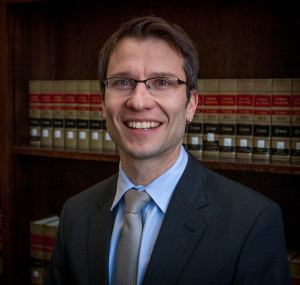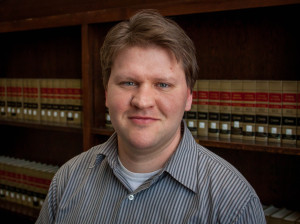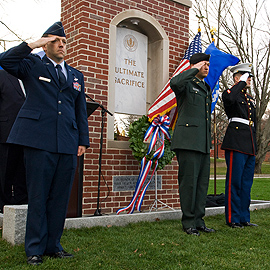Four Engineering faculty members have won CAREER awards, each receiving $500,000 from the National Science Foundation (NSF).

According to the NSF, CAREER awards are the “most prestigious awards in support of junior faculty who exemplify the role of teacher-scholars through outstanding research, excellent education and the integration of education and research within the context of the mission of their organizations. Such activities should build a firm foundation for a lifetime of leadership in integrating education and research.”
“This award will shape significantly the research direction of our group and lays the foundation for fruitful collaborations across various disciplines, including mechanics, chemistry, polymer-science and liberal arts,” said Dr. Kay Wille, one of the recipients. “It feels like a dream came true, and I am so grateful to the National Science Foundation for their financial support and their trust in our research.”
The recipients and their projects are:
– Avinash Dongare, assistant professor in Materials Science and Engineering: “Mesoscale Modeling of Defect Structure Evolution in Metallic Materials.”

This project uses computational mechanics to perform virtual analyses of structural metallic materials for use in extreme environments. The research will define a clear rationale for why a particular material results in improved toughness or improved strengths or both simultaneously. This information would help advance the development of materials for next generation automotive, aerospace, and defense applications.
The project contributes to the goals of the Materials Genome Initiative – a White House initiative designed to discover and manufacture advanced materials faster and cheaper than they are currently – by supplementing physical experiments to reduce costs and time in materials deployment. Overall, the research promises to yield significant advancements in the current state-of-art for materials modeling, which can be extended to other structural materials.

– Kay Wille, Assistant Professor, Civil & Environmental Engineering: “Understanding Behavior and Properties of Nano-Sized Particles in Cement-Based Materials.”
This project will investigate the behavior and properties of nano-sized particles in cement-based materials. Nanoparticles have the potential to lead to more dense materials, and to carry over specific functionalities leading to novel material design possibilities, such as intelligent multi-functional highly durable engineered concretes. These design possibilities could go a long way toward addressing the current poor condition of the nation’s aging infrastructure, as well as prepare for future infrastructure concerns. Unlocking the full potential of nano-sized particles in cement-based systems is currently held back by the limited understanding of the mechanisms by which they disperse throughout the concrete matrix. This information is critical for understanding and improving the material’s strength and durability.

– Timothy Vadas, Assistant Professor, Civil and Environmental Engineering: “Impact of Urbanization on Organic Carbon-Metal Interactions and Trophic Transfer in Streams”
This project addresses the increasingly urbanized landscape and the increasing negative impact of metals from both stormwater and wastewater effluent on organisms in streams. It’s designed to develop more effective management strategies for impaired streams in urban areas.
To address the stream impairment issues associated with different metal sources, the projects aims to get a better understanding of metal bio-uptake under urban stream conditions. To do this, Vadas and his research team will analyze the presence and form of metals in different stream sources. Laboratory studies will assess the interactions of the different metal forms with benthic microbial communities into macroinvertebrate organisms.

– Sung Yeul Park, Assistant Professor, Electrical and Computer Engineering: “Enabling Higher-Performance Battery Charging Systems: Adaptive and Optimal Charging Algorithms Based on Dynamic Battery Characteristics”
This project aims to provide a new, innovative battery charging systems for greater efficiency and longer life in electric vehicles, renewable energy storage, and back-up power applications. The research promises a better understanding of the complex behavior occurring within high-power batteries, which will lead to significantly improving the performance and affordability of such systems.
Results of this research will not only improve the capabilities of today’s state-of-the-art energy storage technologies, but also will be applicable to all battery chemistries because of similarities in other electrochemical devices. The research will benefit energy storage system designers, regardless of their choice of materials and design. This also has the secondary benefit of improving the efficiency and lifespan of integrated renewable energy sources featuring electrochemical storage as a constituent component.



